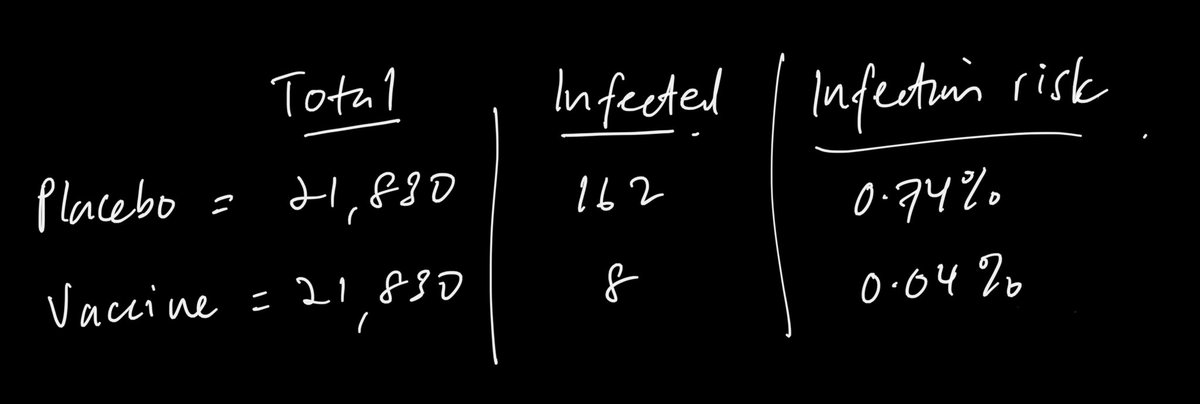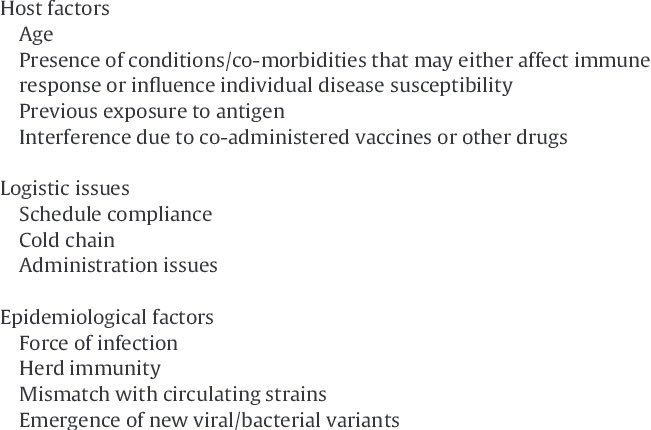
Not going to repeat the ultra low incidence of blood clots in the AZ vaccines, think we’ve established that the benefits far outweigh the risks now.
But since tmrw is the big day, would like to offer some thoughts on other data, re: risk factors for the clots.
But since tmrw is the big day, would like to offer some thoughts on other data, re: risk factors for the clots.
Most news sites will mention incidence is higher in younger age group & mostly women. However, European regulators does not mention this two groups are a risk factor, merely ‘incidence occurring higher in this 2 groups’.
Why?
Why?
1. Data is still in flux. Vaccination programs with AZ is ongoing & because of the phased nature i.e roll out in different age groups, occupation etc, means we don’t have a full set of data yet. Basically, the data is uneven.
2. Higher incidence in women could be because most of the AZ vaccines are in HCWs, which are predominantly women. Again, data set is skewed. You cannot make a good inference if data is not representative of the population.
3. Higher incidence in younger age grp could be because blood clots in younger age grp receive higher attention than in elderly. In general, w/out vaccine or Covid, blood clots occur in elderly somewhat regularly.
So clots in younger ppl likely to be looked at more closely.
So clots in younger ppl likely to be looked at more closely.
I cannot tell u how to decide whether to get the AZ vaccine (though I highly recommend it) but if u are 50-50 with it, try looking at it this way.
Weigh the risk of getting Covid, complications/death from it vs benefits of the vaccine to u and family/friends around u.
Weigh the risk of getting Covid, complications/death from it vs benefits of the vaccine to u and family/friends around u.
Looking at risk of vaccination is good, means u are informed about the decision u will make.
But don’t focus on it & get blinded by the bigger problem; the disease itself. Risk of clots in Covid19 is 16%.
But don’t focus on it & get blinded by the bigger problem; the disease itself. Risk of clots in Covid19 is 16%.
Take tonight to think about it, if u will. No medical decision is straight forward, without risk or cut & dry. That’s just how it is.
For those who will clickety click tmrw, good luck (though it shouldn’t be down to luck).
For those who will clickety click tmrw, good luck (though it shouldn’t be down to luck).
• • •
Missing some Tweet in this thread? You can try to
force a refresh





